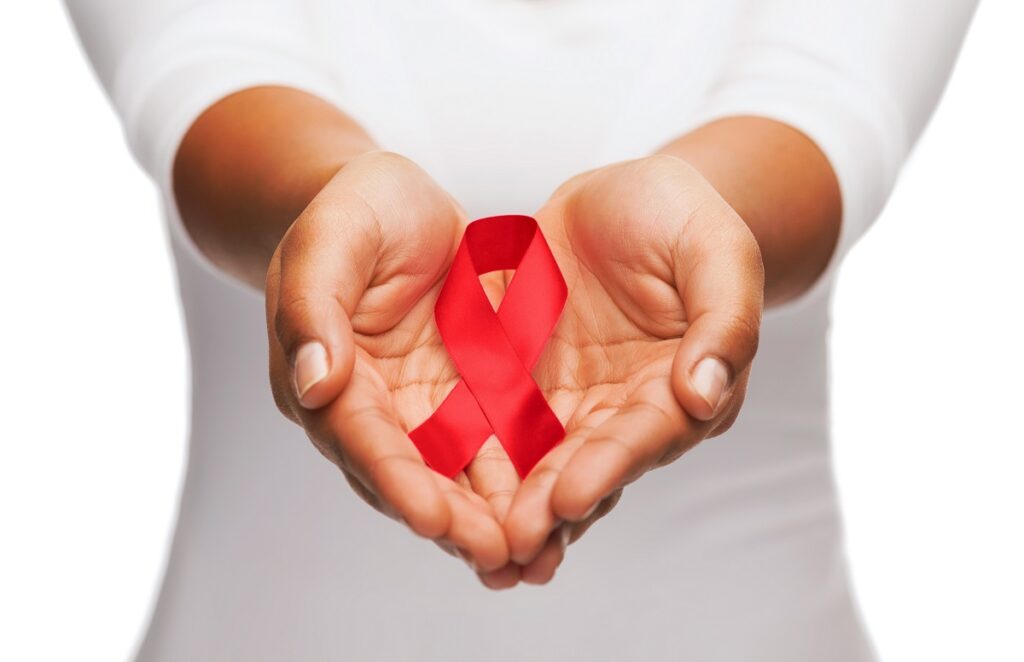- Get tested for HIV, seek treatment, and adopt healthy habits to manage symptoms and prevent further transmission.
- Understand the facts about HIV and its transmission to make informed decisions.
- Practice safe sex, use condoms, and get tested regularly for STIs.
- Participate in HIV research to contribute towards increased understanding of the virus, progress towards a cure, and efficient prevention strategies.
- Take control of your health status to work towards a future free from HIV.
HIV is a severe virus that has been responsible for the deaths of millions of people worldwide. Understanding HIV is vital for helping to reduce the spread of this virus and ultimately save lives.
It is estimated that about 38 million people are living with HIV globally. Of those cases, only two-thirds have been officially diagnosed and are accessing treatment services. This means that millions of people are living with HIV without knowing it, meaning they cannot receive the necessary treatments and medications or take steps to prevent further transmissions.
Additionally, the World Health Organization (WHO) estimates that every week, around 150,000 people become newly infected with HIV – mainly due to a lack of understanding about the virus and how it spreads.
If you find out you have HIV, you should seek to understand what you need to do medically and behaviorally. Here are a few tips to help you take control of your HIV status:
Understand the Disease
When you contract HIV, understanding the disease is critical. Knowing the facts about HIV will help you to make informed decisions about your health and well-being. Understanding how the virus works, how it is transmitted, and how it can be treated is essential. By being aware of these facts, you can protect yourself from further transmissions of the virus and minimize its impact on your life.
Get Tested
The first step in managing your HIV status is to get tested as soon as possible – ideally within three months of your last potential exposure to the virus. This will enable you to receive an accurate diagnosis and access appropriate treatment options quickly, reducing the risk of further transmission or complications with your condition. Testing also gives you an understanding of your viral load and other essential information about your health status.
Seek Treatment
If you have tested positive for HIV, seeking appropriate treatments tailored to your needs is essential. Treatments may include Antiretroviral therapy (ART) or a combination of drugs that suppress viral replication to keep the virus under control and prevent further damage to cells in the body. It is also essential to understand any potential side effects associated with treatment so that you can make informed decisions about what medications best suit your circumstances.
Adopt Healthy Habits
It is also essential to adopt healthy habits that help manage HIV symptoms and prevent further virus transmission. This includes eating a balanced diet, exercising regularly, avoiding alcohol or recreational drugs, getting regular check-ups with a doctor, and seeking emotional support when needed. Following these steps puts you in control of managing both the physical and mental aspects of living with HIV while enabling you to lead a fulfilling life despite this condition.
Practice Prevention Measures
It is essential to understand the importance of preventing the spread of HIV. This virus can devastate individuals and society, resulting in millions of deaths yearly. It is also important to note that many infections can be avoided with practical prevention efforts. By understanding how HIV spreads and taking appropriate action, we can reduce new infections and prevent further virus transmission.
Practice Safe Sex
One of the most effective ways to prevent the spread of HIV is through safe sex practices. This includes using condoms during sexual intercourse and limiting sexual partners. Additionally, getting tested for STIs regularly is essential if you are having unprotected sex or engaging in other risky behaviors. Knowing your status helps you take steps to protect yourself and others from infection.
Understand Needle-Sharing Risks
Injecting drugs using shared needles puts users at risk of contracting HIV and other blood-borne illnesses like hepatitis C. Suppose you or someone you know is using drugs. In that case, it is essential to provide access to clean needles and teach them about safe injection practices – such as never sharing needles with anyone else – to reduce the risk of these illnesses spreading among drug users.
Get Tested Regularly
Getting tested regularly for HIV testing is an essential part of prevention efforts. Knowing your status enables you to receive appropriate treatments and medications early on if necessary and helps you take steps toward protecting yourself from any potential transmissions or risks. It is recommended that everyone aged 15–65 get tested for HIV at least once in their lifetime, regardless of their risk factors or lifestyle choices.
Participate in HIV Research
Participating in HIV research is an essential part of the advocacy for being better at fighting the disease. By participating in HIV research, those living with HIV can contribute to increased awareness and understanding of this virus and progress toward new treatments, prevention methods, and, ultimately, a cure.
Research is vital in helping understand the complexities of this virus, which helps develop effective treatments and prevention strategies. It has also enabled researchers and healthcare professionals to build more accurate diagnostic tests and improved treatment options for those living with HIV. Additionally, it has allowed us to identify more efficient ways to prevent further virus transmissions.
You can become an HIV research participant by volunteering in clinical trials or other research studies. You can also learn more about HIV research by speaking to your doctor or visiting local clinics and centers dedicated to HIV research.
Final Thoughts
Understanding HIV and taking steps to protect yourself from further transmissions of the virus is essential for those living with HIV or who are at risk of contracting it. It is also vital to reducing the spread of this severe virus and ultimately saving lives. By understanding how HIV works, getting tested regularly, seeking appropriate treatment options, adopting healthy habits, participating in prevention measures, practicing safe sex, and engaging in HIV research, you can take control of your health status and work toward a future free from HIV.


